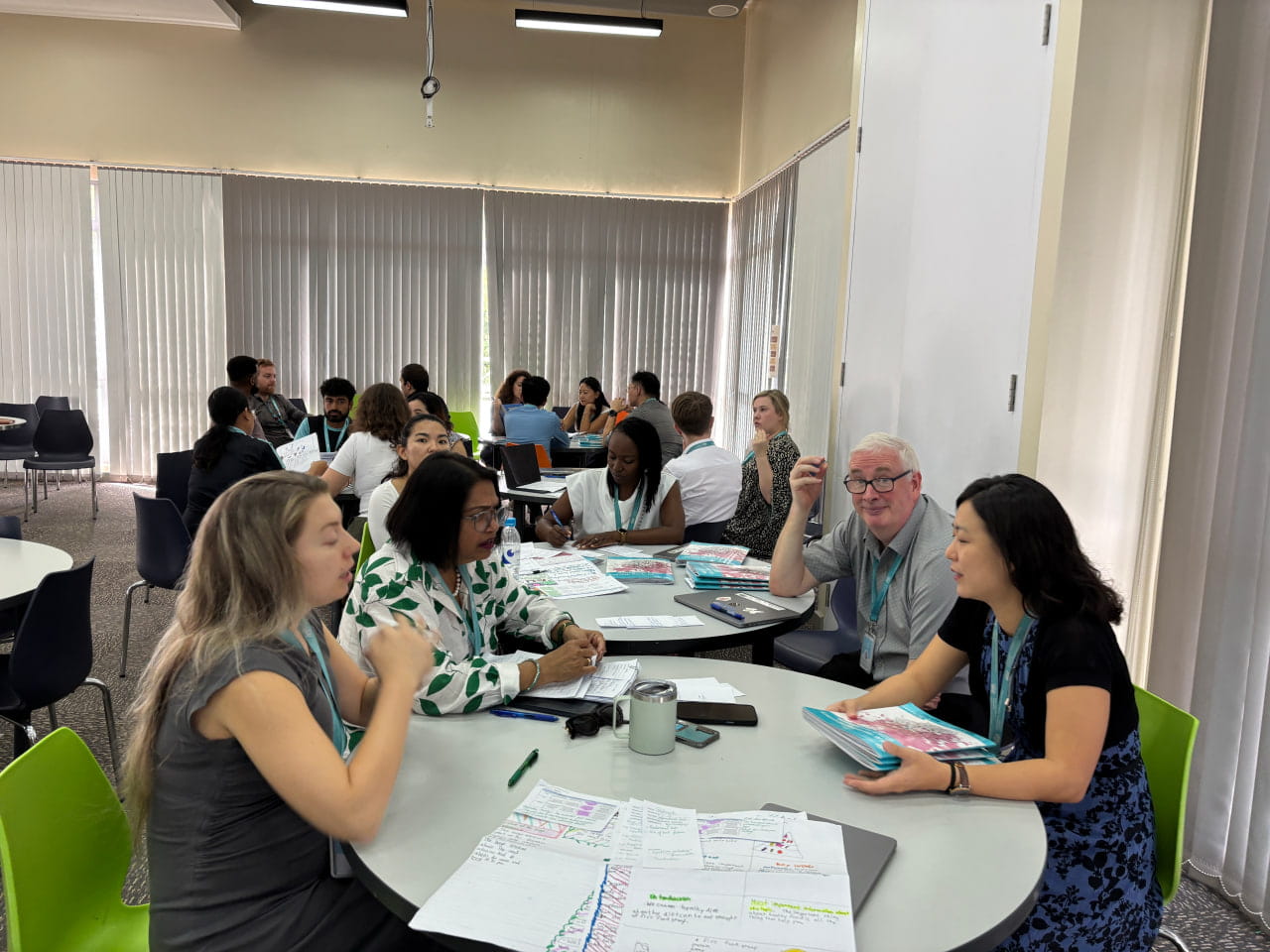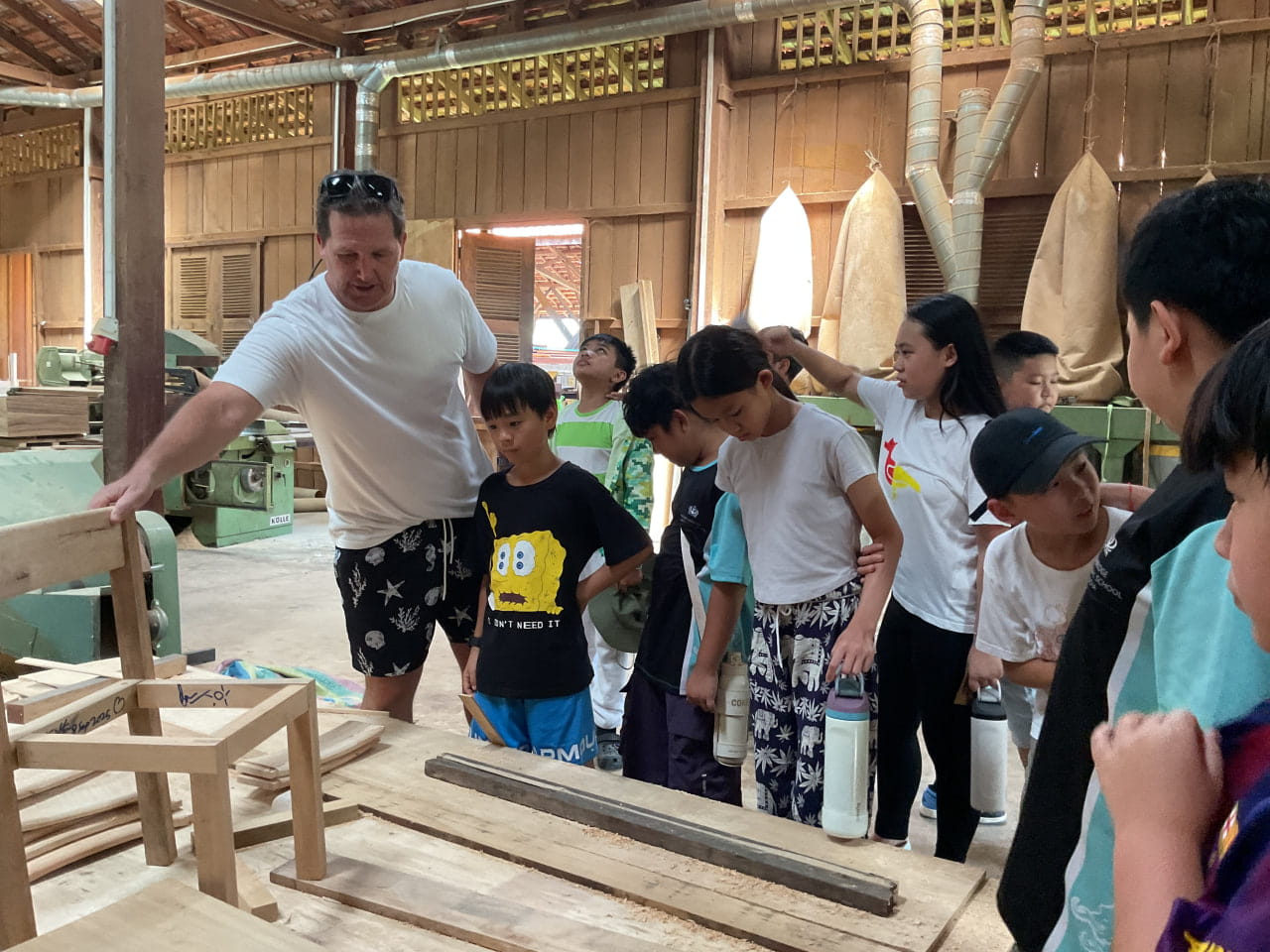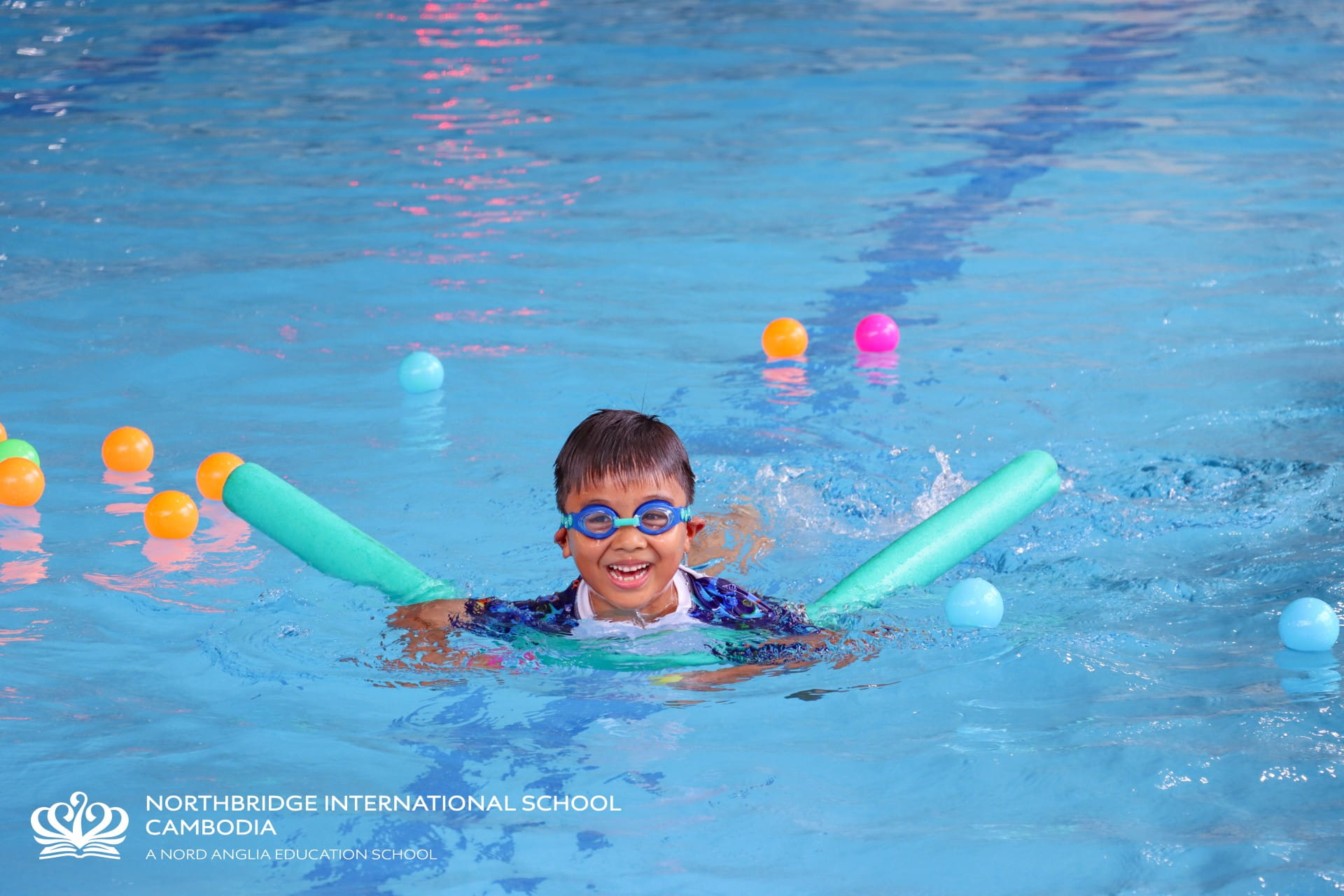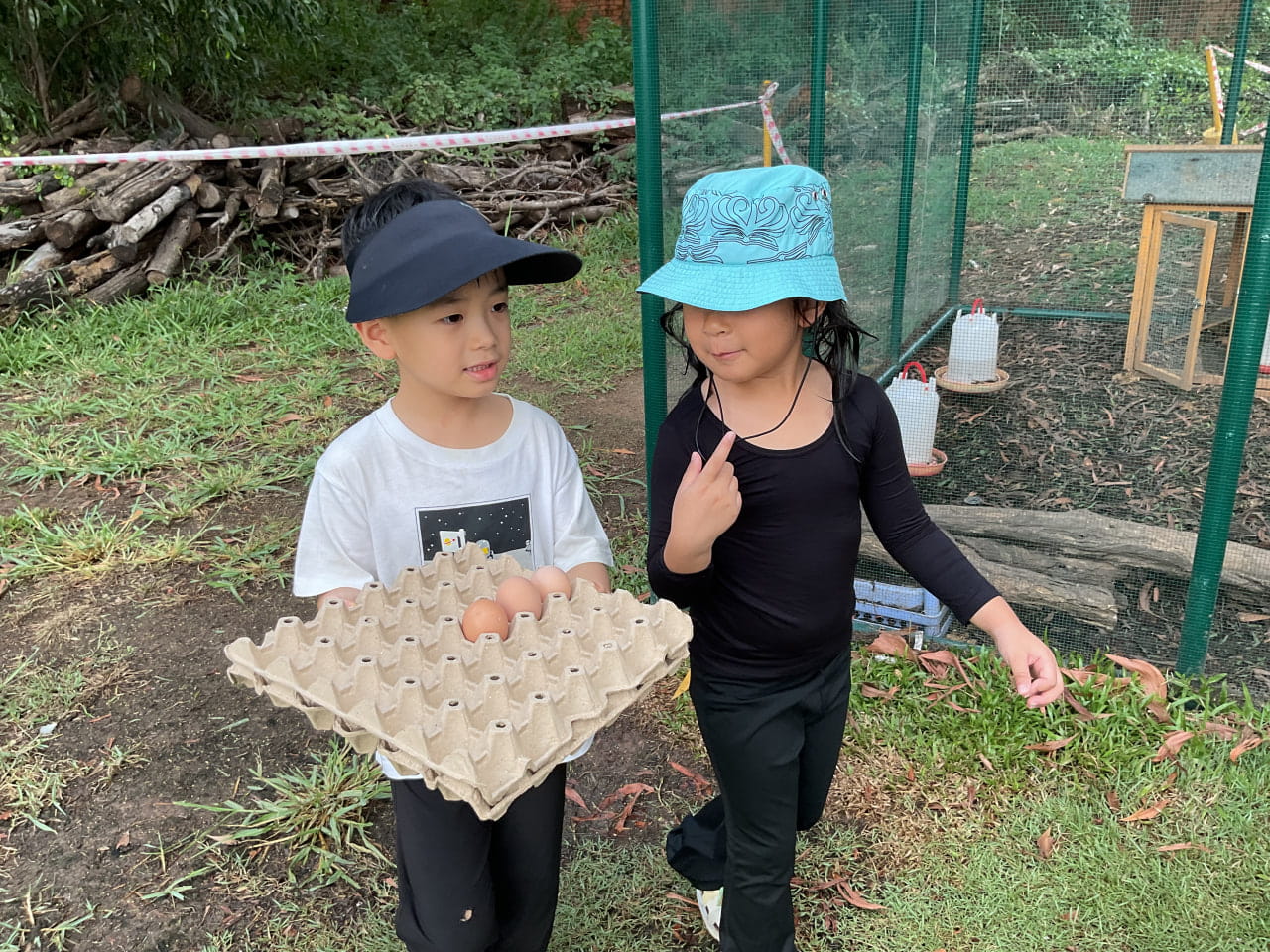In our Primary Mother Tongue program, Genre-based Approach has a greater role in enhancing students’ writing skills, and here is an overview of how the Genre-Based Approach is integrated into our Mother Tongue curriculum.
What is Genre-Based Approach?
Many studies show that Genre-Based Approach can be an effective approach to enhance students’ writing performance and solve writing problems. In Genre-Based Approach, writing skills are taught through text types (genre). It helps students to understand the purpose, organization, vocabulary, and language use of the texts.
The purpose includes satisfying basic needs such as shopping for food or telling the doctor about an illness. Through Genre-Based Approach, students and teacher jointly manipulate the texts by deconstructing and constructing them, and students create meaningful communicative writing that can be applied directly to the real world.
How Genre-Based Approach is integrated into the PYP Mother Tongue curriculum
Language teachers collaborate with the homeroom teachers to connect through the central idea or key concepts and carefully decide which genre might strengthen the transdisciplinary learning the most.
For example, under the transdisciplinary theme “Where we are in place and time”, G1 Khmer, Chinese, Korean students explored how location has an impact on how people live and travel. They investigated the landscape, climate and history of countries of their interest, and created travel brochures which encompass all the information about the destination.
The theme “Sharing the planet” and central idea “Plants, animals and humans are connected and depend on each other” led our Grade 2 Mother Tongue Language students to inquire into rights and responsibilities in the struggle to share finite resources with others.
Teachers chose persuasive letter as a genre for this unit, and the students used excellent communication skills to communicate to their target audience and convey the message about the importance of mangroves and why we need them through means of a persuasive letter.
In summary, Genre-Based Approach is a powerful writing teaching and learning method as it gives explicit knowledge such as communicative purpose and text structure. Moreover, it maximizes the transdisciplinary learning which is one of the most significant features of the IB PYP program.
At Northbridge, writing is not mastered in isolation, but to be used in authentic activities which makes learning more relevant and meaningful. We are pleased to offer this opportunity to our students across all primary grades.







